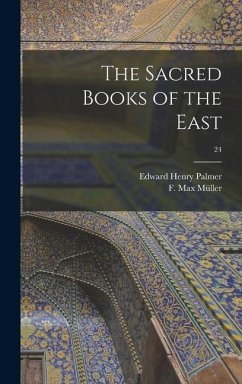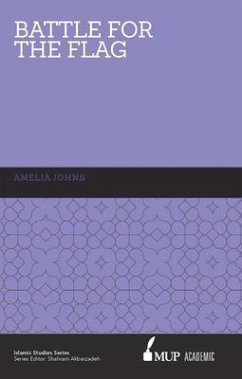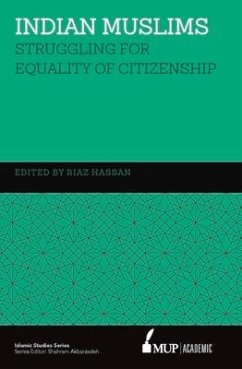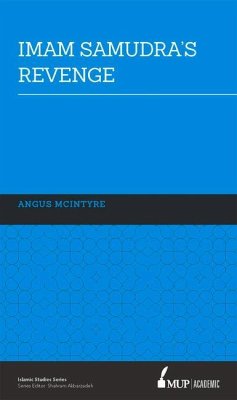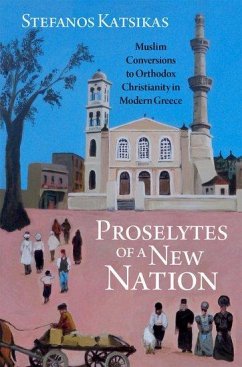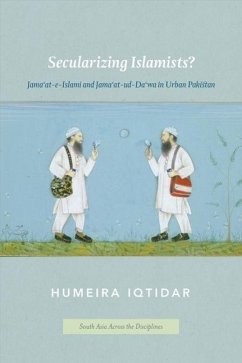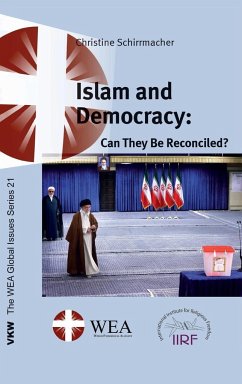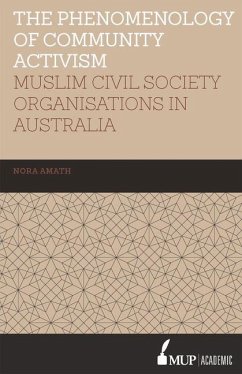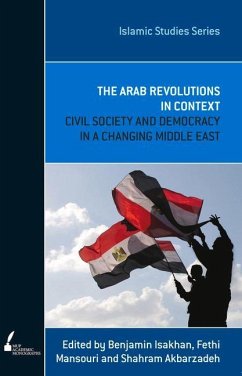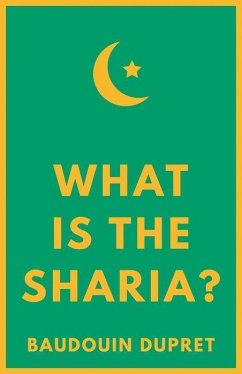
ISS 24 Securitising Identity
The Case of the Saudi State
Versandkostenfrei!
Versandfertig in über 4 Wochen
47,99 €
inkl. MwSt.
Weitere Ausgaben:

PAYBACK Punkte
24 °P sammeln!
Why has the relationship between the state and the Islamic revivalist movement known commonly as 'Wahhabism' persisted under Saudi rule since 1744? In Securitising Identity Ben Rich traces the symbiosis between these two entities across three distinct periods of Saudi rule over the past four centuries, showcasing the consistent conditions, patterns of behaviour and political logics that surround their interplay. Collectively, these reveal a recurrent tendency in which the state paradoxically offers protections to the preservation of revivalism while generating threats against this same religio...
Why has the relationship between the state and the Islamic revivalist movement known commonly as 'Wahhabism' persisted under Saudi rule since 1744? In Securitising Identity Ben Rich traces the symbiosis between these two entities across three distinct periods of Saudi rule over the past four centuries, showcasing the consistent conditions, patterns of behaviour and political logics that surround their interplay. Collectively, these reveal a recurrent tendency in which the state paradoxically offers protections to the preservation of revivalism while generating threats against this same religious identity in order to ensure its hold on power. Such a pattern, he argues, not only transcends all discrete periods of Saudi rule, but also manifests regardless of the conservative or progressive nature of a particular administration. Understanding such a pattern not only helps to explain why Saudi Arabia today remains a source of regional sectarianism, but also how such an idiomatic ideology has endured in the face of high modernity and why the state it is likely to struggle in its ongoing quest to open itself further to a diverse and pluralistic world.




